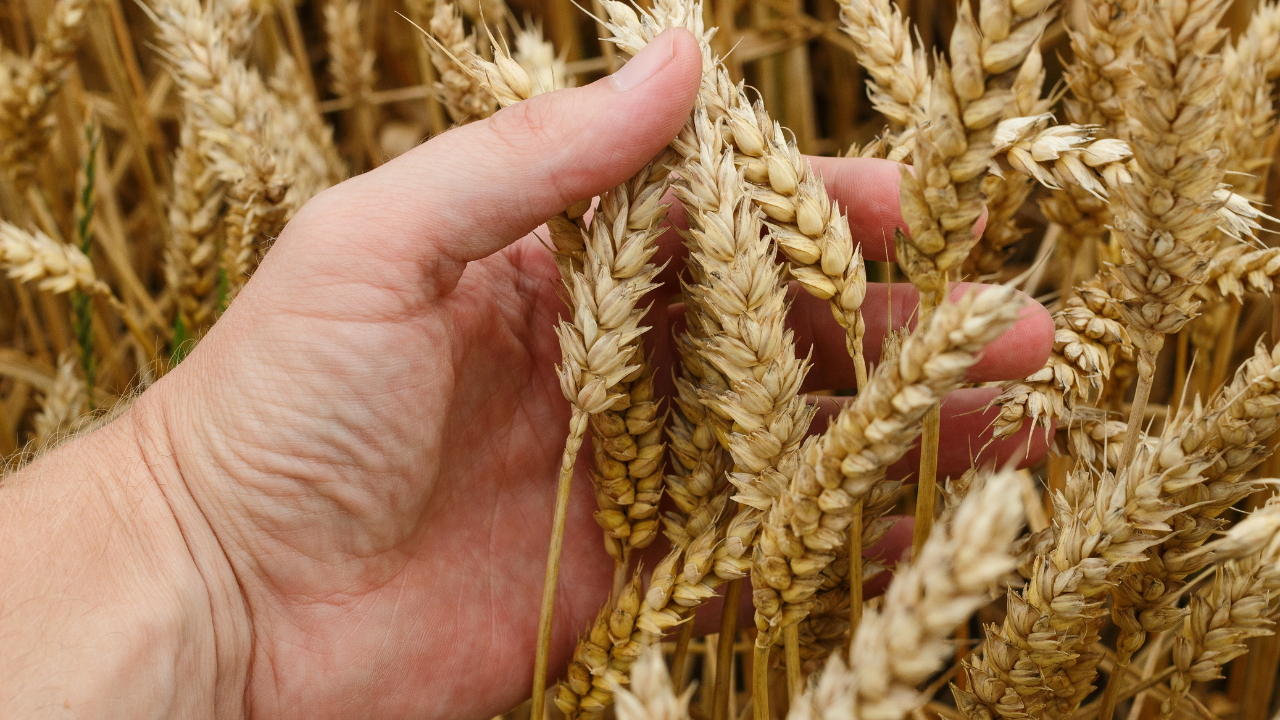UK think tank: Impact of wheat price spikes driven by Ukraine war not as heavy on Filipinos
MANILA, Philippines—UK-based think tank Pantheon Macroeconomics expects mostly rice-eating Filipino consumers to suffer less from the spillover inflationary impact of the Ukraine-Russia war.
Not even the move to stricter alert level 3 restrictions wrought by the more infectious but less severe Omicron strain made a dent in consumer spending at the start of this year, according to Miguel Chanco, Pantheon Macroeconomics senior Asia economist, in a report on Thursday (March 10).
“Household spending in the Philippines survived the Omicron surge in January largely unscathed,” Chanco said.
“The volume of net sales slipped by only 0.2 percent month-on-month, extending trivially the 1-percent correction in December from November’s near 4-percent jump,” he said, citing data from the Philippine Statistics Authority’s (PSA) latest monthly integrated survey of selected industries (Missi) report released last Wednesday.
“Catch-up growth is proving to be resilient, as it was last year in the face of the Alpha and Delta waves, and we still see some room for it to run, with adjusted sales treading water at 4-percent below the pre-COVID-19 level,” Chanco said.
“The inflationary pressures stemming indirectly from the Russian invasion of Ukraine are unlikely to pose a material threat to this recovery,” he added.
While Pantheon Macroeconomics raised its Philippine inflation forecast for 2022 to 3.5 percent from 2.8 percent previously, Chanco pointed out that this year’s rate of increase in prices of basic commodities would likely remain slower than last year’s average of 3.9 percent.
Headline inflation soared last year, breaching the Bangko Sentral ng Pilipinas’ (BSP) 2 to 4 percent target range for most of 2021 due to expensive food, especially pork amid the prolonged African swine fever (ASF) crisis.
“The spike in oil prices and consequent increase in futures look severe, on the surface. But we’d still need to see bigger gains for transport inflation to flirt with the 2021 peak,” said Chanco.
“As things stand, this component looks set to add just an extra 0.2 percentage point to the headline rate, with its contribution peaking in May,” he said.
The BSP expects the inflation rate possibly breaching the top end of the target band during the second quarter owing to currently skyrocketing global oil prices, aggravated by the war in Ukraine.
It would also help that Filipinos consume more rice than bread, Chanco added.
“Wheat prices have spiked, unsurprisingly, with two of the world’s five biggest exporters at war,” said Chanco.
“The reassuring news for the BSP is that rice accounts for the lion’s share of the starch in Filipino diets, making up for 72 percent of the weight of ‘cereal and cereal products’ in the CPI [consumer price index] basket,” Chanco noted.
“Food inflation likely will rise persistently this year from January’s 27-month low [of] 1.2 percent, but base effects will slow the reversion to the mean, at least until the third quarter,” Chanco said.
“Rising wheat prices could translate to higher pork prices, as wheat is a substitute for corn in feed, but this pass-through has yet to show in the near-real-time data,” he added.

